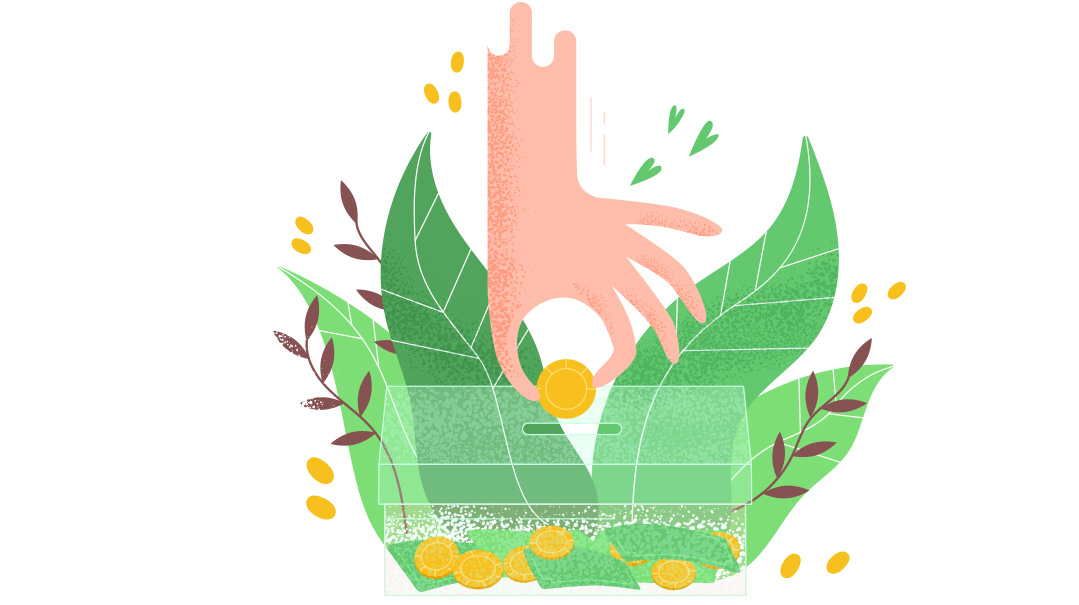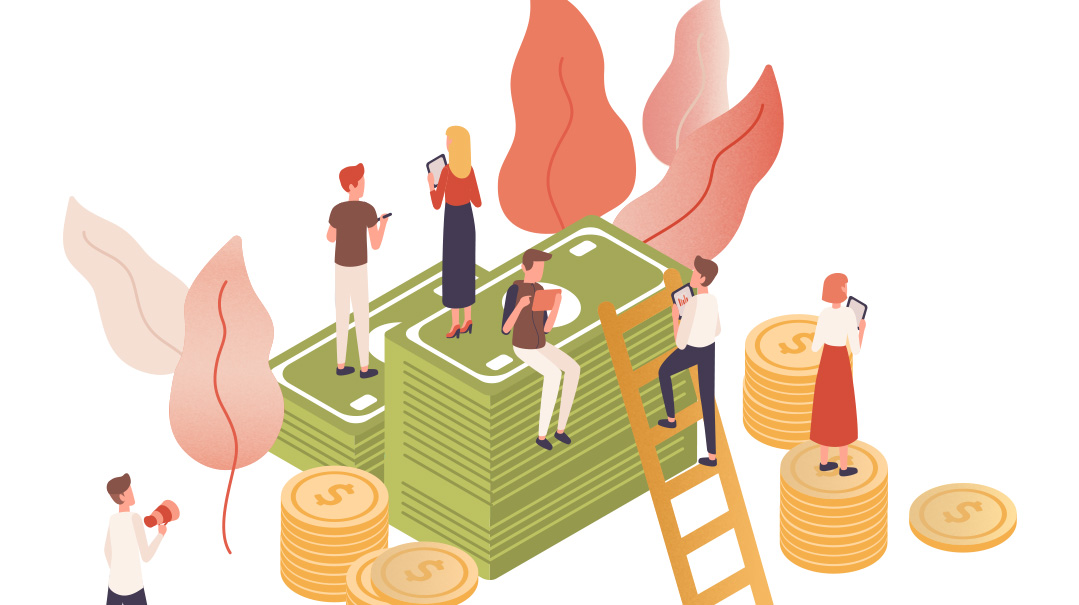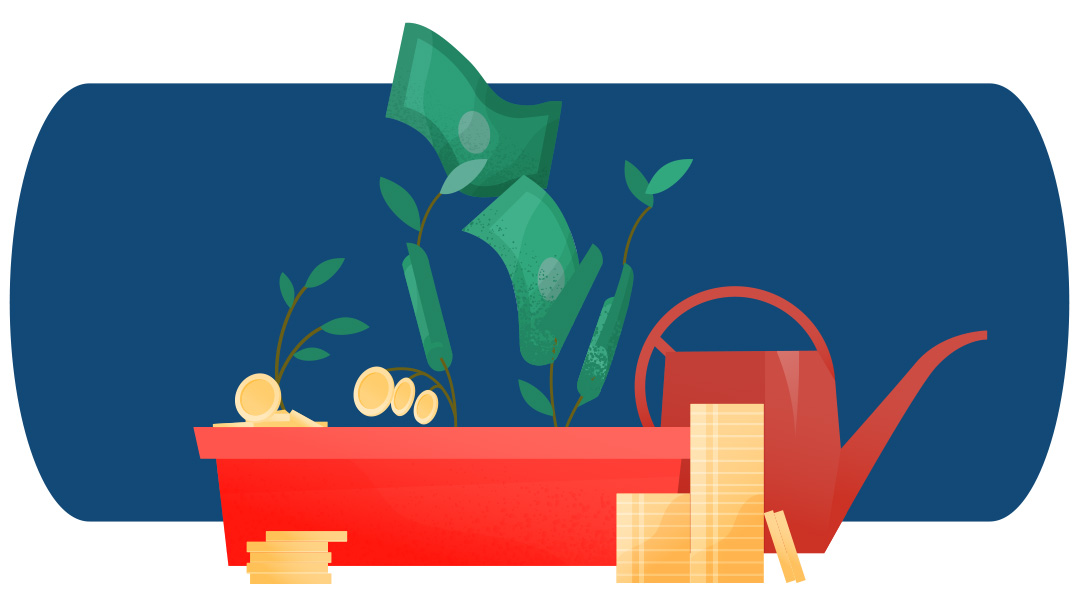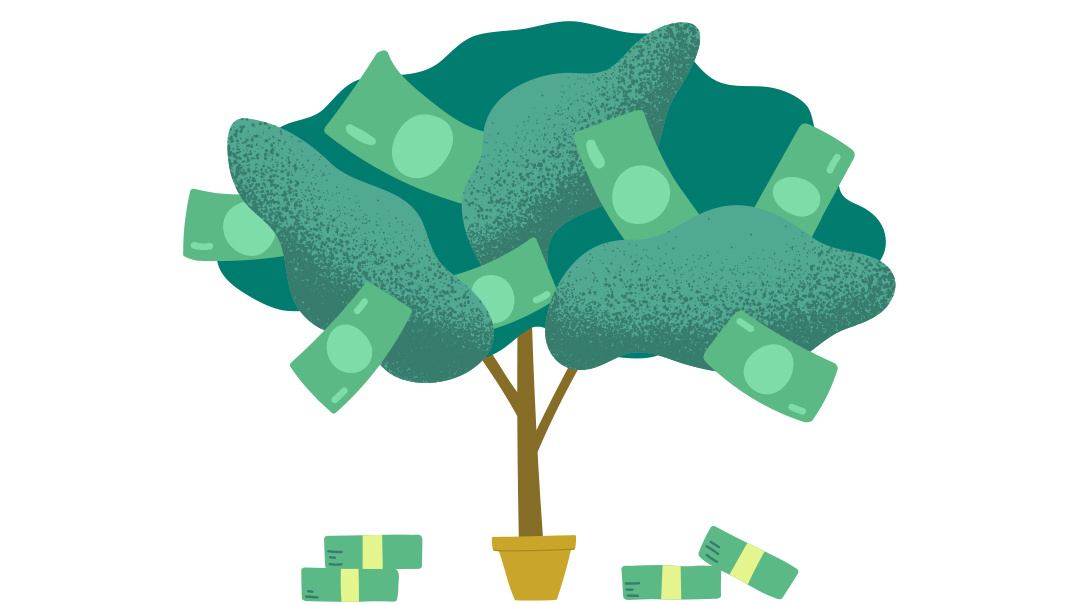Running in Sand: Part 3 of 4
| March 12, 2024We see their struggle, the sweat and tears streaking their face, and sometimes feel helpless. How can we lighten their load?

IN the early days of the war, I saw a clip showing armed soldiers, loaded with paraphernalia, running across a strip of beach.
How do they do that? I thought. I struggle to walk on the sand; how can they run in the sand while so heavily burdened?
Still thinking about the clip a few hours later, it hit me that in some ways, every person in Eretz Yisrael was running through sand, trying desperately to keep moving forward while living in the shadow of a terrifying war.
At one point or another, we’ve all been in the position of trying to run through sand. There’s a crisis — sickness or death in the family, physical or mental health struggles, a lost job, marital tension or divorce — and suddenly, just getting through the day takes enormous effort.
Even when we’re on firm ground, there’s always someone we know who is currently trying to run through sand. We see their struggle, the sweat and tears streaking their face, and sometimes feel helpless. How can we lighten their load?
*Names and details have been changed
The Gift of Self-Sufficiency
When it comes to offering assistance with core needs — food, clothing, shelter — Klal Yisrael steps up to the plate. There are organizations that help ensure that everyone has the basics.
But often, what people truly need is more nuanced and requires a subtler form of giving. The Rambam tells us that the highest form of tzedakah is giving someone the ability to be self-supporting.
Sometimes, the greatest gift we can give someone is business-to-business chesed — enabling others to bolster their income-earning skills.
A while back, a colleague of mine was providing IT services to a supplier of car parts. As the client was celebrating his anniversary with his family, a fire broke out in his workplace. The warehouse and offices completely burned down.
The next day, my colleague emptied out one of his offices to provide the client with a workspace. His entire team worked on recovering the client’s hard drive. Within two days, the client’s business was back up and running.
And the client went from satisfied to deeply loyal.
Over the past few months, we at Temech have been seeing that sort of giving from incredible women.
Yehudis Kleiner from Ashdod* runs extracurricular programs for schools. As a side hustle, she does catering.
When the war hit, much of her work with schools vanished. But two friends helped her grow her catering business to become her main source of income. One helped her with advertising and publicity, and the second, who was also in the food business, walked her through the regulatory process required to cater for large events.
When I see this sort of chesed, what amazes me the most is the commitment. These women didn’t just feel a momentary pang for their friend; they took it upon themselves to help her grow her business the same way they’d approach any other professional project: breaking it down into steps, and day after day, doing concrete actions to help their friend.
Reaching across Oceans
In addition to the internal outpouring of kindness that we saw, there was also a steady stream of B2B chesed flowing from abroad.
Just one month after the war broke out, Temech board member Chavi Hertz arrived from Los Angeles. She sat in our offices and gave one-on-one coaching and advice to business owners. Those she advised found the encounter both enormously helpful and also spirit-boosting.
Being able to tap into Chavi’s vast business acumen and get her input was game-changing professionally. Yet it was more than that. After the war broke out, many in Israel felt that the sand was becoming quicksand, and they were sinking fast. Having someone who wasn’t stuck in the same place they were, offering an objective perspective, was heartening.
More recently, Rivkie Feiner, CEO and chief visionary officer of Feiner Grant Strategies, visited from Monsey. Let me share her experience in her own words, as she described it in an op-ed in eJewishPhilanthropy.
“I just came back from a whirlwind week in Israel. To repeat what others have said: The people of Israel are amazing. They are traumatized but unwavering in their commitment to endure and triumph.
“What I heard was a resounding message: While there is an immediate need for generous financial support, what most Israelis are asking for is help to enable them to sustain themselves.
“Which brings me to how I volunteered. While picking vegetables would be a welcome change from my deskbound existence, I thought hard about what unique skills I could contribute during my limited time in the country.”
Rivky reached out to me and offered to deliver a workshop at Temech. We hosted it at The Hub — Temech’s office complex in the heart of Jerusalem, and it was a powerful experience on both sides.
The women who participated gained invaluable insights — and Rivky was inspired as well.
“What I learned from the participants in my workshop blew my mind,” she shared later. “These are amazingly talented artists and entrepreneurs. They have grit and determination… they are intelligent and gifted, and the products they shared rival any I have ever seen.
“Some have husbands fighting in the war. Some are the sole breadwinners of their families. Their businesses are in jeopardy; many are on the verge of closing.
“A talented cook has created an incredible cookbook; an artist designs beautiful jewelry, mezuzahs, and customizable clothing; another produces unique metal art portraits of rabbis and depictions of holy sites — but the thing all of these women have in common is the need for opportunities and/or resources to market their creations, so they can cover their expenses and make a small profit. And there are so many others like them.”
Move Them beyond Scarcity
Sometimes, kindness is helping another shift his mindset.
In Scarcity: Why Having Too Little Means So Much, behavioral economist Sendhil Mullainathan and psychologist Eldar Shafir delve into the ramifications of scarcity.
Scarcity isn’t just about lacking money or time. It’s a mindset triggered by perceived limitations in any domain, including resources, energy, time, and attention. In addition to the challenges scarcity causes, when we feel we don’t have enough of what we need, it impacts our thought processes as well.
We develop “tunneling,” an intense focus on the resource we’re missing, while ignoring broader context and being unable to see the potential long-term consequences of short-term solutions. We also suffer from bandwidth depletion — a reduced ability to plan, reason, and resist temptation, creating a vicious cycle of scarcity.
When someone is trapped in this bleak place, it’s an act of kindness to try to gently lead him out of the tunnel.
He may want to speak about all the things that aren’t working — and he’ll back it up with lots of hard facts.
Hear him out. But once he’s expressed his concerns, collaborate to identify existing strengths, untapped resources, and potential opportunities. Help him see the world beyond the current limitations.
Boomeranging Kindness
Years ago, a prominent rosh yeshivah came to consult with Rav Aharon Leib Steinman. The rosh yeshivah shared his dilemmas regarding the various projects he was involved in.
At one point, Rav Aharon Leib asked him, “Tell me, what percent of your work is lishmah?”
The man thought a minute, then said, “Probably 10 percent is lishmah. The other 90 percent has personal benefits mixed in.”
“Chaval it’s 90 percent and not 100 percent,” responded Rav Aharon Leib. “If it were 100 percent, you’d accomplish so much more.”
It’s wonderful to offer to help or mentor another business owner for the most altruistic of reasons. But it’s also good to be aware of how much we often gain in the process.
This concept is explored in depth in Give and Take: Why Helping Others Drives Our Success by Adam Grant.
“Givers… get to the top without cutting others down, finding ways of expanding the pie that benefit themselves and the people around them,” he writes.
Givers end up with larger networks, he explains, which helps them at every point of their career. They have better reputations and credibility, which often leads to unexpected opportunities.
Often, giving advice or sharing resources enables us to develop skills that then serve us well in our own businesses.
Before becoming the CEO of Temech, I volunteered for the organization. They asked me to speak to groups about various business topics, and it was only my strong desire to help that convinced me to agree despite my severe stage fright (for years, I’d done all I could to avoid giving presentations in public).
At my first scheduled talk, I entered and felt rising panic as I saw the 20 women, waiting expectantly. Then I scanned the room, noted the friendly faces, and told myself, These women don’t look threatening.
It took a while, but eventually, I was able to address auditoriums packed with hundreds of women with confidence.
There was more. My volunteering at Temech served as a laboratory of sorts. I guided small business owners, watched them implement changes, and observed how the shifts improved their bottom line. That gave me the surety to introduce the same concepts to the large companies I was working with in GMP Start, my process consulting company, and oversee the successful scaling of those strategies.
There are other ways kindness can boomerang back to us.
Yael Margolin from Beit Shemesh* is an experienced graphic designer. Many of her friends are in the design world, and they’d occasionally send her projects they were working on for her expert input.
Although it took far longer than the “quick five minutes” her friends assured her it would take, Yael was happy to offer targeted feedback and help her friends hone their craft.
Over time, her friends mentioned to colleagues how much Yael had helped them, and strangers began approaching her, asking for coaching and consultations — for a generous fee. What had begun as a favor became an enjoyable and lucrative side hustle. Because giving always gives back — in This World and the Next.
B2B Giving
Shani Peretz Kariv, owner of Shani Stage, and a resident of the south, gives our Bama public speaking course. In a Zoom call we had with her, she pointed out that tzedakah takes many forms.
When we think of giving, what usually comes to mind is money; but sometimes what a person needs even more is our time or advice. And occasionally, what helps most is simply our presence — a listening ear and genuine compassion.
B2B Giving
If you’re a designer or tech-savvy, consider volunteering to help create niche websites, suggests Rivky Feiner, where entrepreneurs can directly market their goods to their target audiences. If you have substantial social media presence, you can help by promoting websites on social media.
Alternatively, if you work in a related field, you can offer entrepreneurs a guest blog on your site or run one for their site to help increase traffic.
B2B Giving
One of the most direct ways to help a business owner is to offer to mentor them or sponsor their mentorship. To that end, we’re about to launch a mentorship matching program.
In Lakewood, Nechama Norman and Tova Herskovitz have created “Networking without Borders.” C-level executives and experienced entrepreneurs from Lakewood will be matched with entrepreneurs in Israel who work in similar fields or positions. The women in the United States will either coach their Israeli partners on best business practices or offer practical guidance regarding how to break into the US market.
Any of us can do this with our own expertise. If you see someone in your field struggling, sensitively ask them if they’d want to get together to talk shop.
Give Like a Professional
Not all forms of giving are created equal. As you reach out to help others, keep these pointers in mind:
DO
Call a friend who is going through challenging times. Offer help or a listening ear.
DON’T
Push for details. They’ll share when the time is right for them.
DO
Create a conversation of common humanity and normalize the struggle by mentioning that you, too, have been through hard times.
DON’T
Make the conversation about your experience, going into the details of your harrowing story.
DO
Focus on the struggling business’s strengths.
DON’T
Tell the business owner that he’s doing everything right. Chances are, he isn’t.
DO
Remind your friend or colleague that Hashem loves him.
DON’T
Leave it at that. Your ruchniyus is your friend’s gashmiyus. Make connections and offer your time and expertise.
When You’re the One Sinking
There are many seasons in both our personal and professional lives. At times, we’re able to extend a hand to others; other times, we feel like we’re the ones trying to walk on shifting sands.
Here are some suggestions for those stranded in the sand:
Diagnostics: Often, we attribute the “quicksand” to the wrong cause. We’ve seen business owners who were sure that the war was what triggered the hard times they were experiencing when, really, their businesses had been limping long before. When you’re stuck, try to discover the root of the problem. First, analyze all your numbers over the past several years to find patterns. Second, get help from an outsider, whether a consultant or wise friend, who can give you an unbiased perspective.
Adapt and Innovate: When your business falters under pressure, consider pivoting to new, unexplored markets or offerings. This could mean diversifying your product line, creating digital products, or tapping into a niche market. Innovation is key to finding solid ground. That said, begin by using resources that you have and rearranging them before trying to bring in new elements.
Consider Partnerships: Collaborating with complementary businesses can open new avenues for growth. Look for partnership opportunities that can offer mutual benefits, such as shared marketing efforts, joint ventures, or co-branded products.
Community Engagement: Tap into your local business community through networking events, online forums, or industry conventions. A strong support network can provide emotional support, practical advice, and new business opportunities.
Professional Development: Invest in your professional growth by attending workshops, seminars, or online courses. Continuous learning can help you stay adaptable and innovative and also inject you with fresh energy. Warning: This can become an escape. Be sure to incorporate self-development into your schedule so you also have the discipline to implement what you learn.
Tefillah: When things are going well, it can be hard to attribute our success to Hashem. But what’s rarely acknowledged is that it can be a challenge during hard times as well. While it’s important to uncover the mistakes we may be making and to improve our business strategies, it’s crucial to remember while we take these steps that success is entirely in the Hands of the true Provider. And the effort needed there is heartfelt tefillah.
(Originally featured in Mishpacha, Issue 1003)
Oops! We could not locate your form.




